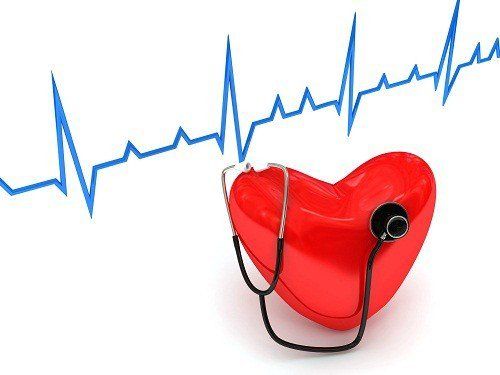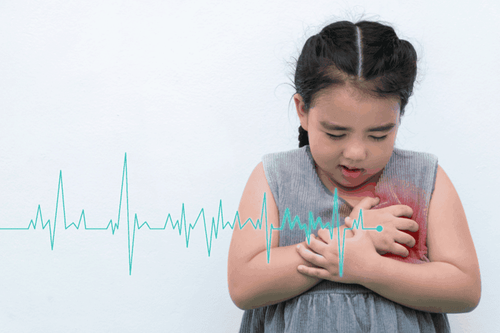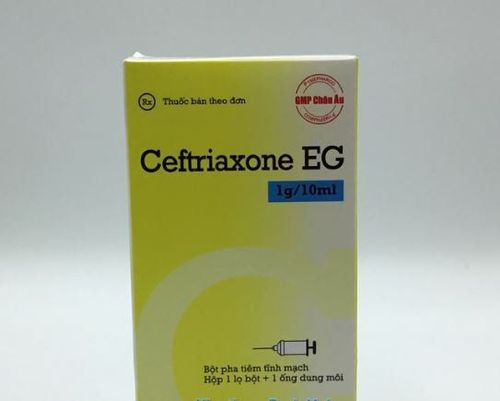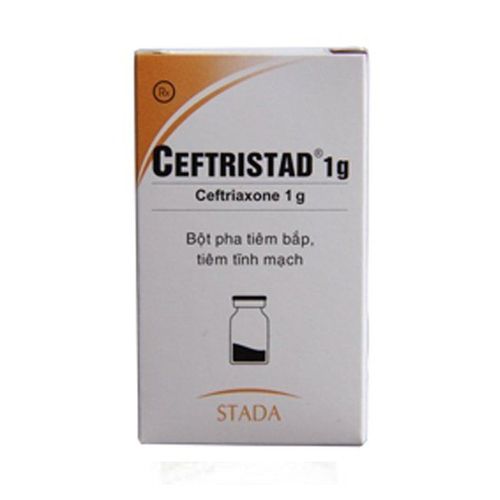This is an automatically translated article.
The article was professionally consulted with Master, Doctor Do Nguyen Thuy Doan Trang - Cardiovascular Center - Vinmec Central Park International General Hospital.1. What is rheumatic heart disease?
Rheumatic heart disease is an inflammatory disease of the connective tissue, usually following a sore throat, sinusitis, tonsillitis, or dermatitis, caused by beta hemolytic Group A Streptococcus. Inflammation of the connective tissue causes damage to many organs, mainly joints, heart, nervous system, skin and subcutaneous tissue,... After many recurrent episodes of acute inflammation, the risk of rheumatic heart disease will increase. . Among them, damage to the heart is the most dangerous. The disease is common in children between the ages of 5 and 15 years.Rheumatic heart disease in children is common in areas with low living conditions, poor sanitation, cramped housing, cold and humid climate,... These are favorable conditions that make children susceptible to sore throats. lead to low heart rate. In addition, rheumatic heart disease in children is also related to genetic factors in the family.

2. Symptoms of rheumatic heart disease in children
Symptoms of rheumatic heart disease in children will appear about 2 to 4 weeks after a strep infection. The first signs of the disease are children with high fever 38 - 40°C, red throat, sweating, little urine, nosebleeds, loss of appetite, fatigue, pale face,... Sometimes the symptoms are just transient, does not cause discomfort for the child, but after about 1 - 5 weeks, the child has symptoms of joint pain. Symptoms of disease in each organ are:In the heart: Fatigue, chest tightness, shortness of breath, palpitations, arrhythmia or abnormal heart sounds. These symptoms are caused by damage to the myocardium and endocardium, myocarditis, mitral regurgitation, aortic regurgitation, etc. Severe heart inflammation can lead to acute heart failure, easily fatal if fail to provide timely emergency care or leave severe sequelae in the heart valves; In joints: Pain in some joints, especially large joints such as knees, elbows, ankles, wrists, etc., makes it difficult for the patient to walk and move. Spine joints, finger joints, toes are less painful; Neurological: A late symptom of rheumatic heart disease, appearing weeks or months after streptococcal infection. Specific manifestations are involuntary movement and loss of sleep or inability to orient, perform purposeful activities, change emotions, especially emotional easily. Rheumatic heart disease in children affects the brain with specific symptoms such as irritability, abnormal limb movement, difficulty speaking, holding a pen, chopsticks, etc. Skin: Usually quite rare. Children with rheumatic heart disease may develop Meynet granules, which are hard particles, 0.5 - 2cm in diameter under the skin, not attached to the skin but stick to the bone base, usually appearing in the knee, painless pressing, .. The skin above this nodule is normally mobile and free of the above inflammatory manifestations. These particles last a few weeks but not more than 1 month. There is also a case of a pink or pale yellow rash with a diameter of 1 - 3cm, round shape, border higher than the skin surface, usually located on the trunk, proximal extremities and never on the face. After a few days to a few weeks, these lesions may disappear. If not treated promptly and correctly, rheumatic heart disease in children can develop dangerously. Specifically, the disease will cause severe damage to the aortic valve, leading to heart failure after a long time, causing brain, kidney, lung damage, ... even death. In addition, the disease is also prone to recurrence. Recurrence usually occurs 5 years after the first episode of acute inflammation.

3. Treatment of rheumatic heart disease in children
Children with rheumatic heart disease must be treated in the hospital by a cardiologist. Depending on the severity of the disease, there are different treatment methods but the same purpose is to fight infection, fight inflammation and treat complications of the disease. Specifically:Anti-inflammatory: Inject Penicillin or Erythromycin antibiotics with time and dose depending on the doctor's prescription. In addition, steroid or non-steroidal anti-inflammatory drugs can be used as prescribed by the doctor; Treatment of complications: Using drugs to treat heart failure, diuretics, sedatives, ... as prescribed by the doctor. At the same time, parents need to give the child absolute bed rest for at least 2 weeks during the treatment period. Severe cases need to rest for about 6 weeks - 3 months. If the child has heart failure, a separate diet and a bland diet is required.
Rheumatic heart disease in children is dangerous, easy to recur and can leave serious sequelae. Therefore, it is necessary to actively prevent disease according to the instructions of the doctor. At the same time, if you are unfortunate enough to have the disease, it is necessary to strictly follow the treatment regimen to recover from the disease early and reduce the risk of complications.
To protect cardiovascular health in general and detect early signs of myocardial infarction and stroke, customers can sign up for Cardiovascular Screening Package - Basic Cardiovascular Examination of Vinmec International General Hospital . The examination package helps to detect cardiovascular problems at the earliest through tests and modern imaging methods. The package is for all ages, genders and is especially essential for people with risk factors for cardiovascular disease.
Please dial HOTLINE for more information or register for an appointment HERE. Download MyVinmec app to make appointments faster and to manage your bookings easily.














